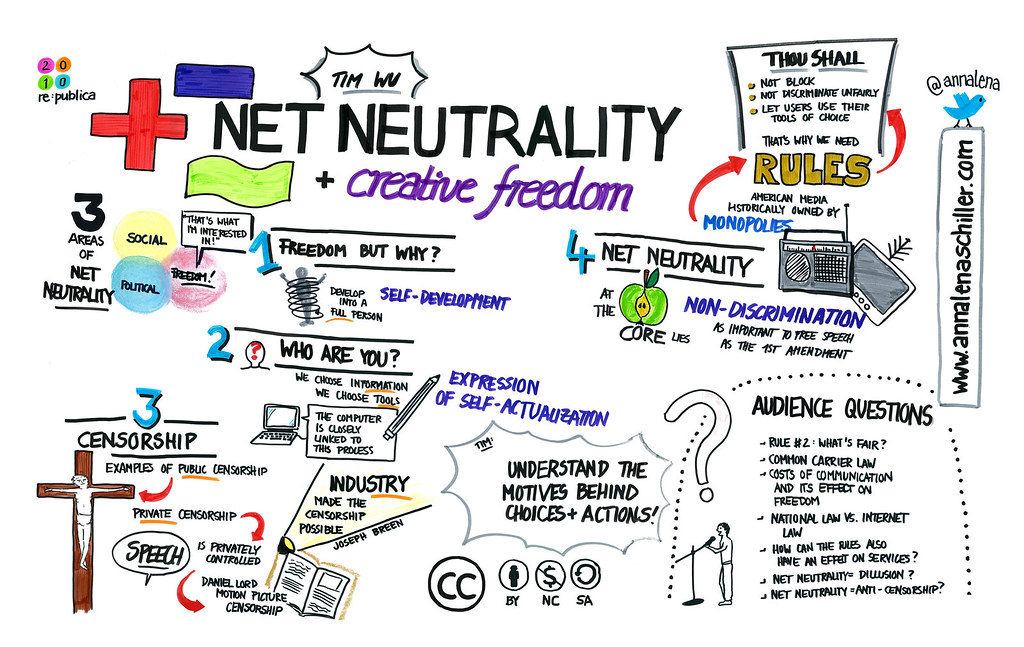In a move that’s set to reshape the digital landscape, the U.S. Federal Communications Commission (FCC) is gearing up to vote on reinstating net neutrality rules, a significant pivot from the policies under former President Donald Trump. This decision could redefine our online experiences, ensuring equal access to the internet for all users. FCC Chair Jessica Rosenworcel announced the agency’s intention to vote on the final rule at its April 25 meeting, marking a pivotal moment for net neutrality advocates.
Net neutrality is the principle that internet service providers (ISPs) must treat all data on the internet equally, without discriminating or charging differently by user, content, website, platform, or application. It’s a concept that champions a level playing field for all internet traffic, and it’s been a hot-button issue for years.
The FCC’s plan to vote on the reinstatement of these rules is not just a return to the 2015 open internet regulations but a reaffirmation of the commission’s authority over broadband internet. The 3-2 vote in October to proceed with this proposal was a clear indicator of the current FCC’s direction under the Biden administration, which has made restoring net neutrality a priority.
President Joe Biden’s executive order in July 2021, which encouraged the FCC to reinstate net neutrality rules, reflects his administration’s commitment to an open internet. The rules were initially adopted under the Obama administration, where Biden served as Vice President, and were designed to prevent ISPs from blocking or throttling legal content or from engaging in paid prioritization.
The argument for net neutrality gained additional weight during the pandemic, highlighting broadband as an essential service. Rosenworcel stated, “The pandemic made clear that broadband is an essential service, that every one of us – no matter who we are or where we live – needs it to have a fair shot at success in the digital age.” This perspective underscores the importance of equitable internet access in today’s society.

However, the path to reinstating these rules has not been without opposition. Under Trump, the FCC contended that net neutrality rules stifled innovation and led to a decrease in network investment by ISPs. Republican FCC Commissioner Brendan Carr has been vocal in his opposition, suggesting that the repeal of net neutrality rules led to improved broadband speeds, lower prices, and heightened competition, and that reinstating them would equate to “government control of the internet.”
Despite such opposition, the FCC’s move could also bolster national security measures. The initial proposal mentioned that the rules could grant the FCC “more robust authority to require more entities to remove and replace” equipment and services from companies like Huawei and ZTE, which have been under scrutiny for security concerns.
The debate over net neutrality also extends beyond federal regulations. Since the 2017 repeal, a dozen states have enacted their own net neutrality laws or regulations. This patchwork of state-level protections has been a stopgap for net neutrality advocates, but the FCC’s upcoming vote could provide a more uniform, nationwide policy.
The FCC readies for its April vote, the fate of the internet hangs in the balance. The restoration of net neutrality rules would not only support an open internet but could also have broad implications for how we connect, create, and consume content online. It’s a choice that could establish the internet as a public utility, accessible and fair for all, and it’s a moment that could shape the digital era for years to come.
Related posts:
FCC to Vote to Restore Net Neutrality Rules, Reversing Trump
FCC to vote to restore net neutrality rules, reversing Trump
FCC to vote to restore net neutrality rules, reversing Trump




